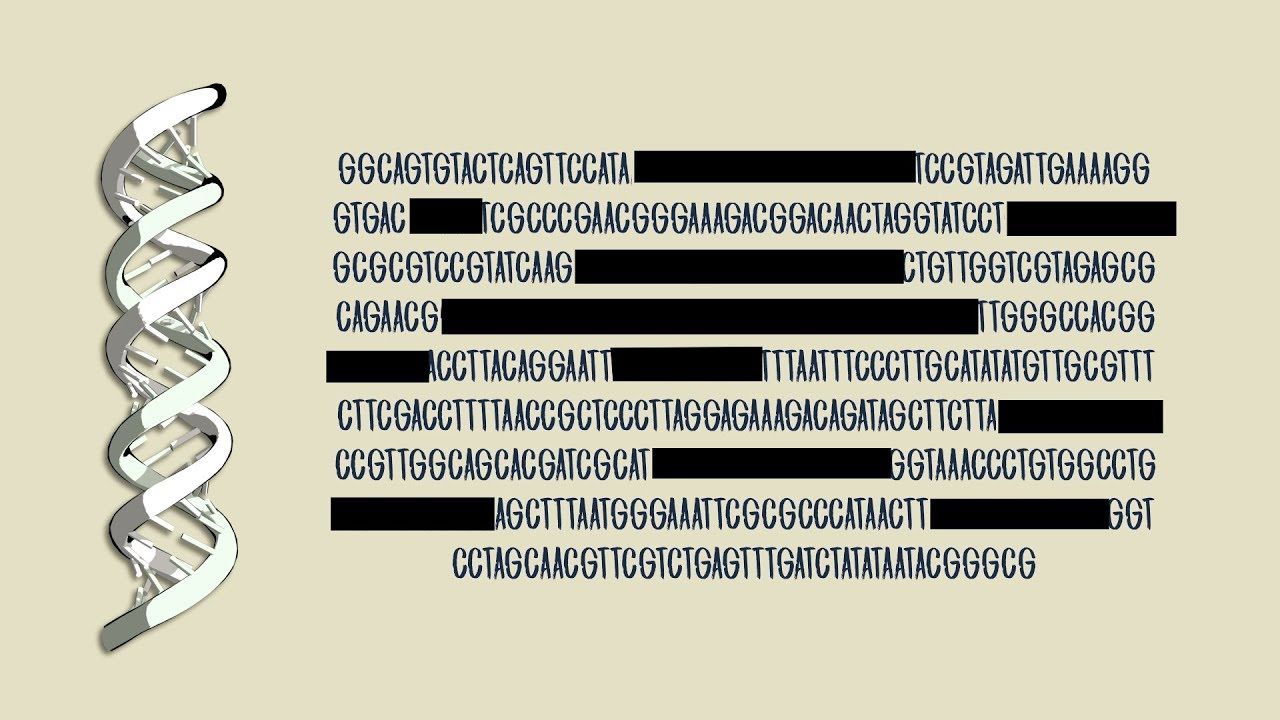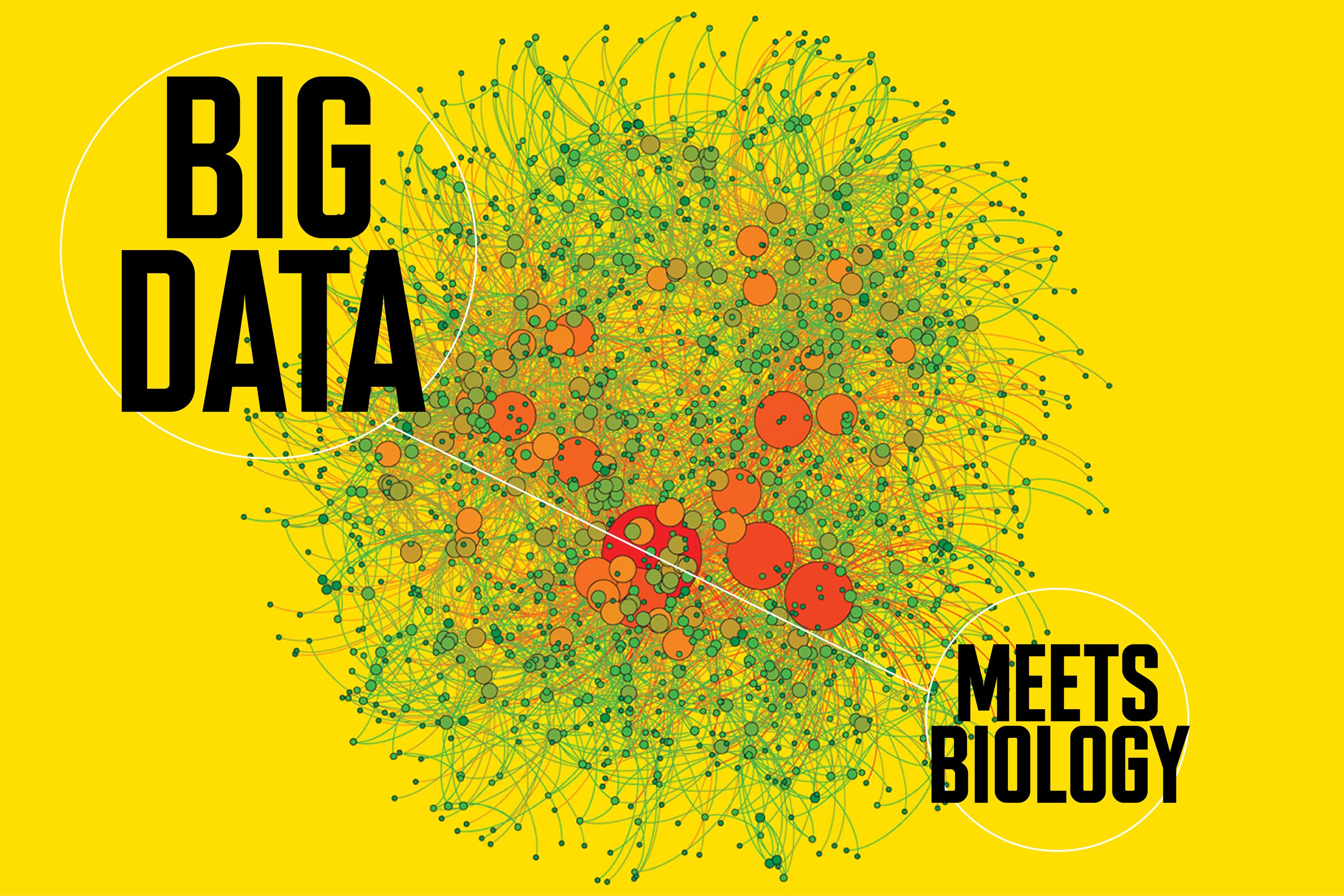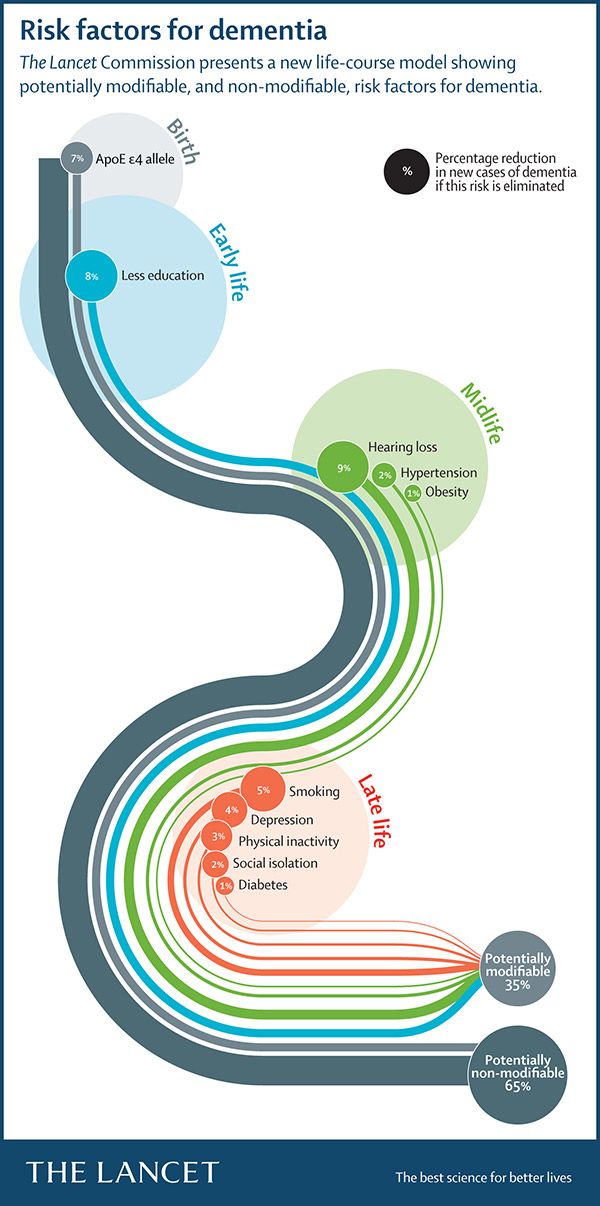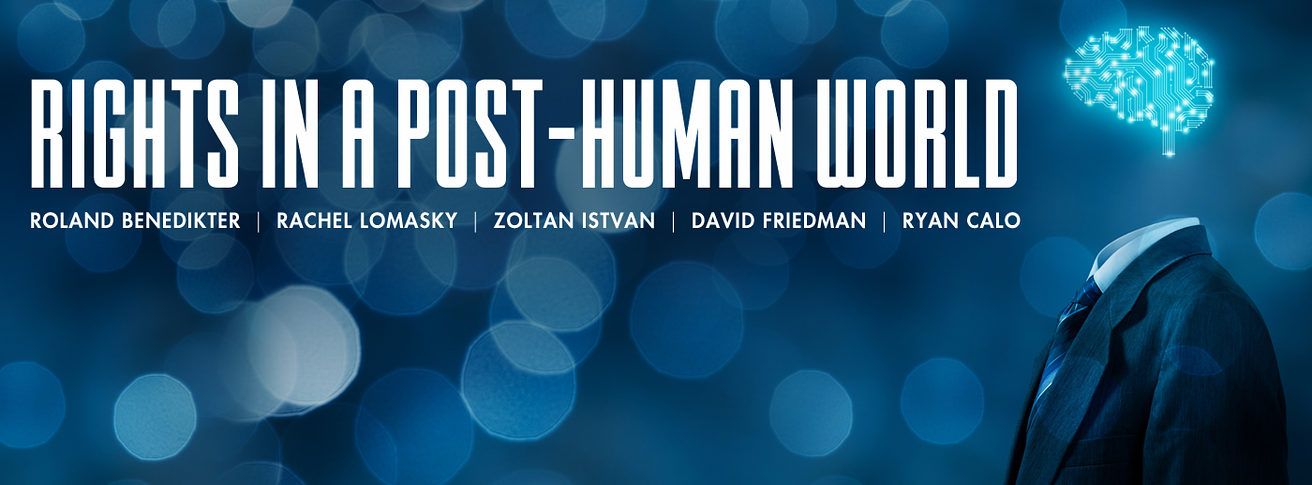Archive for the ‘health’ category: Page 348
May 6, 2018
An engineer modded a drone to rescue this puppy
Posted by Genevieve Klien in categories: drones, health, robotics/AI

This is so cute!
In today’s adorable-and-I’m-not-crying-you’re-crying news, NDTL reports that an engineer in New Delhi named Milind Raj saved a puppy using a drone he equipped with a giant claw.
Continue reading “An engineer modded a drone to rescue this puppy” »
May 4, 2018
The Gut Microbiome Contributes to Atherosclerosis
Posted by Manuel Canovas Lechuga in categories: biotech/medical, health
A new study published by researchers at Western University and Lawson Health Research Institute has shown a link between the gut microbiome and atherosclerosis.
During the study, the team examined blood levels of metabolic products in the gut microbiomes of 316 people from three groups: those with regular levels of plaque for their age, those who had low levels of plaque despite being at high risk, and those who had unusually high levels of plaque.
They discovered that in the patients with unusually high levels of plaque, there were significantly higher blood levels of harmful metabolic products. Specifically, these were the metabolites TMAO, p-cresyl sulfate, p-cresyl glucuronide, and phenylacetylglutamine, which are created by gut bacteria. They also assessed the development of plaques in the arteries via carotid ultrasound.
Continue reading “The Gut Microbiome Contributes to Atherosclerosis” »
May 4, 2018
Bioquark Inc. — NHK Japan — Future of Resuscitation Science
Posted by Ira S. Pastor in categories: aging, bioengineering, biotech/medical, cryonics, disruptive technology, DNA, genetics, health, life extension, transhumanism
May 2, 2018
More and wiser health-care spending could save millions of lives
Posted by Derick Lee in categories: biotech/medical, economics, health
Nearly 10% of global GDP is spent on health care, according to the latest data from the WHO. Rich countries spend an average of 12%, with America an outlier well above that; middle-income ones (including China) 6%; and low-income ones just under 6%. In developed countries, 60% of health spending comes from public sources. In poor economies the figure is around 40%. As economies grow and governments are able to allocate more resources to health, the share of individual out-of-pocket spending typically falls. But the variation in such spending in poor countries suggests that the health systems they end up with depend on their choice of public policies.
IN 2013 A GROUP of doctors and health economists argued in the Lancet that a “grand convergence” would be possible over the next two decades. If governments spent more on health, and more wisely, mortality rates in the poorest countries could fall to those seen in the healthiest middle-income ones. That would amount to saving 10m lives a year.
To see what a high-quality health-care system in a developing country looks like, consider the case of Farida Waree, a 55-year-old housewife in Thailand. In early 2016 Mrs Waree felt a lump on her right breast. She went to her local primary-care centre, which referred her to Nakornayok provincial hospital. She was diagnosed with cancer, and over the next year was given a mastectomy, chemotherapy and Herceptin, an anti-cancer drug. Five years earlier her treatment might have cost her 800,000 baht (about $25,000), much more than she and her family could have afforded. Instead, nearly all the costs were covered under Thailand’s Universal Coverage Scheme. The cancer is now in remission. “I consider myself very fortunate,” she says.
Continue reading “More and wiser health-care spending could save millions of lives” »
May 1, 2018
Twin spacecraft to weigh in on Earth’s changing water
Posted by Bill Kemp in categories: climatology, health
A pair of new spacecraft that will observe our planet’s ever-changing water cycle, ice sheets and crust is in final preparations for a California launch no earlier than Saturday, May 19. The Gravity Recovery and Climate Experiment Follow-On (GRACE-FO) mission, a partnership between NASA and the German Research Centre for Geosciences (GFZ), will take over where the first GRACE mission left off when it completed its 15-year mission in 2017.
GRACE-FO will continue monitoring monthly changes in the distribution of mass within and among Earth’s atmosphere, oceans, land and ice sheets, as well as within the solid Earth itself. These data will provide unique insights into Earth’s changing climate, Earth system processes and even the impacts of some human activities, and will have far-reaching benefits to society, such as improving water resource management.
“Water is critical to every aspect of life on Earth—for health, for agriculture, for maintaining our way of living,” said Michael Watkins, GRACE-FO science lead and director of NASA’s Jet Propulsion Laboratory in Pasadena, California. “You can’t manage it well until you can measure it. GRACE-FO provides a unique way to measure water in many of its phases, allowing us to manage water resources more effectively.”
Apr 30, 2018
Brain imaging show that patients with Alzheimer’s disease can still remember and enjoy their favorite songs
Posted by Alvaro Fernandez in categories: biotech/medical, health, media & arts, neuroscience
Not surprising and yet fascinating to actually see — “The researchers found that music activates the brain, causing whole regions to communicate. By listening to the personal soundtrack, the visual network, the salience network, the executive network and the cerebellar and corticocerebellar network pairs all showed significantly higher functional connectivity.”
“Ever get chills listening to a particularly moving piece of music? You can thank the salience network of the brain for that emotional joint. Surprisingly, this region also remains an island of remembrance that is spared from the ravages of Alzheimer’s disease. Researchers at the University of Utah Health are looking to this region of the brain to develop music-based treatments to help alleviate anxiety in patients with dementia. Their research will appear in the April online issue of The Journal of Prevention of Alzheimer’s Disease…
Apr 30, 2018
Bioquark Inc — The Theatre of U Podcast — Ira Pastor
Posted by Ira S. Pastor in categories: aging, bioengineering, biotech/medical, business, DNA, futurism, genetics, health, innovation, life extension
Tags: anti-aging, bioquark, health, healthspan, immortality, lifespan, longevity, reanima, wellness
Apr 28, 2018
You Know That Romaine-Linked Outbreak? DNA Tech Is Fixing It
Posted by Genevieve Klien in categories: biotech/medical, food, health

Whole genome sequencing is more precise than other methods, and it just keeps getting faster and cheaper. Joel Sevinsky, head of the Molecular Science Laboratory at the Colorado Department of Public Health and Environment (CDPHE), told the Associated Press his lab can sequence the genome of a suspected pathogen in less than 72 hours.
Whole genome sequencing is already helping researchers address food-borne outbreaks, including a 2017 salmonella outbreak that stretched across 21 states, and the current romaine outbreak.
Continue reading “You Know That Romaine-Linked Outbreak? DNA Tech Is Fixing It” »
Apr 27, 2018
Deniers and Critics of AI Will Only Be Left Behind
Posted by Zoltan Istvan in categories: biotech/medical, ethics, genetics, geopolitics, health, policy, robotics/AI, transhumanism
This month I’m participating in Cato Institute’s Cato Unbound discussion. Cato is one of the world’s leading think tanks. Here’s my new and second essay for the project:
Professor David D. Friedman sweeps aside my belief that religion may well dictate the development of AI and other radical transhumanist tech in the future. However, at the core of a broad swath of American society lies a fearful luddite tradition. Americans—including the U.S. Congress, where every member is religious—often base their life philosophies and work ethics on their faiths. Furthermore, a recent Pew study showed 7 in 10 Americans were worried about technology in people’s bodies and brains, even if it offered health benefits.
It rarely matters what point in American history innovation has come out. Anesthesia, vaccines, stem cells, and other breakthroughs have historically all battled to survive under pressure from conservatives and Christians. I believe that if formal religion had not impeded our natural secular progress as a nation over the last 250 years, we would have been much further along in terms of human evolution. Instead of discussing and arguing about our coming transhumanist future, we’d be living in it.
Continue reading “Deniers and Critics of AI Will Only Be Left Behind” »














